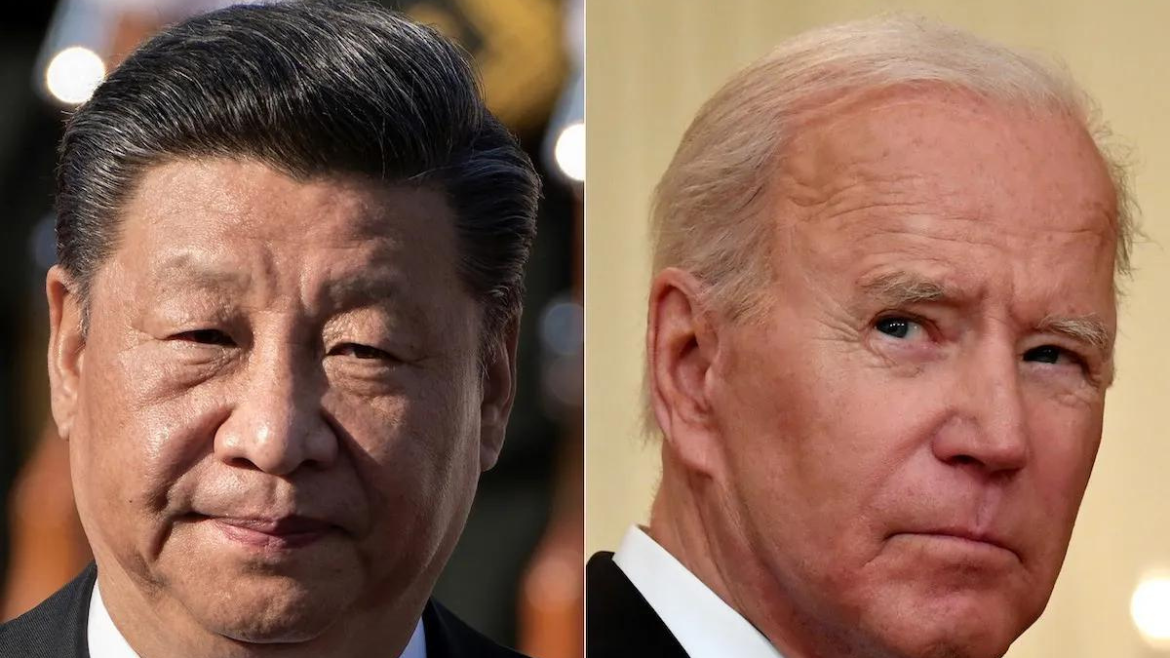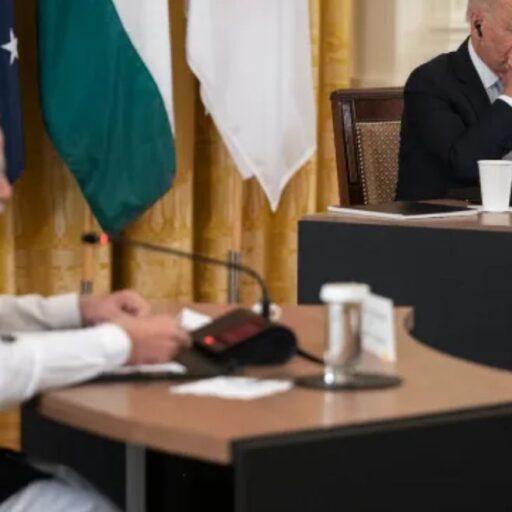US President Joe Biden recently announced that he may be talking to his Chinese counterpart Xi Jinping soon. The proposed phone call between Biden and Xi, accompanied by suggestions of an in-person meet later this year, demonstrates the US administration’s determination to engage with the Chinese leadership.
The proposed phone call would be the latest in a series of conversations between the two leaders, and has been preceded by considerable work by officials on both sides. The initial conversation between the Biden administration and Chinese officials in March 2021 was less than cordial. Subsequently, the two presidents had virtual meetings in November 2021 and March this year.
This March, US national security adviser Jake Sullivan and Yang Jiechi, a high-ranking member of the Political Bureau of the Communist Party of China (CPC), had a marathon seven-hour meeting in Rome touching on many of the points of discomfiture in bilateral ties.
Given that the tensions underlying the US-China relationship appear to remain largely unchanged, this keenness to keep the lines of communication open may well be attributed to one or a combination of the following factors.
First, the possibility that engaging at the highest level at this time may allow for the least objectionable concessions in their toolkits of transactional diplomacy to be made.
Second, the 20th National Congress of the CPC and the mid-term elections in the US are definitive and critical markers for Xi and Biden. The optics of the upcoming call, regardless of whether it proves productive or disruptive, would serve as a valuable opportunity.
Both leaders can weave an opportune narrative where the other side could be positioned as the adversary responsible for most, if not all, of their national challenges. For Xi, a diplomatic success – perceived or real – with the US would considerably strengthen his leadership position before the National Congress.










